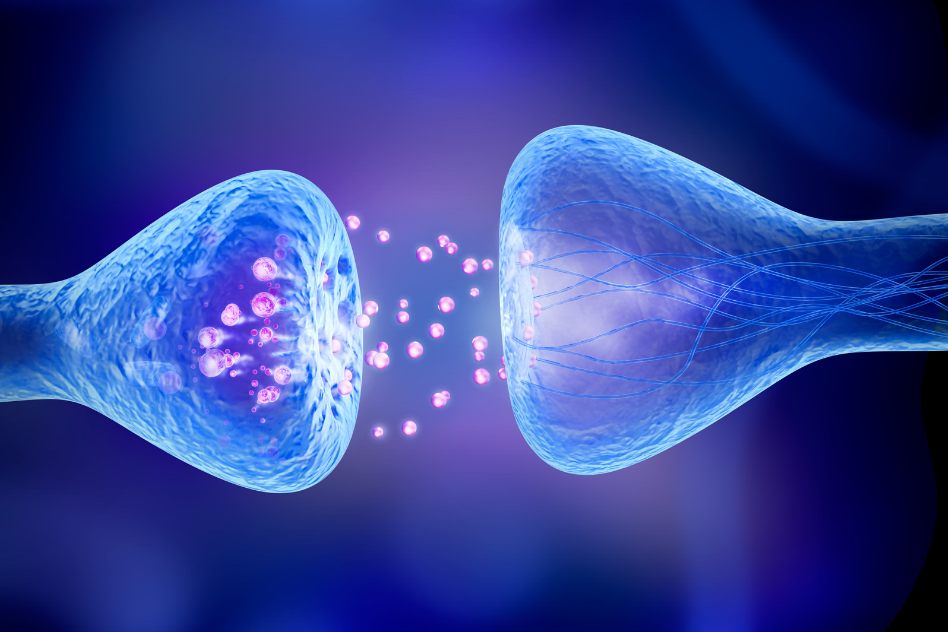“Mistakes ‘Grow’ Your Brain” – Jo Boaler
One of my biggest questions as a NeuroLanguage Coach® is to know when and how to correct my Language Coachees when needed. Over-correcting might result in them losing motivation and the destruction of the session flow.
For me, the best solution is to always ask them about error correction and discuss when and how they would like to be corrected. Thanks to their inputs I now know what they prefer:
1. Instant Correction: Some learners want to be corrected immediately, but as I do not want to break the session’s flow, I do some hand gestures previously agreed to indicate the mistake. Coachees are amazed at how much they can correct themselves without my direct action.
2. Correction Time. We agree beforehand to dedicate some time to deal with corrections that arise during our session. I write the phrases and the coachees correct the mistakes on their own.
3. Peer Correction. In a group session, I am also not seen as the only source of correction and my role is to create a positive and collaborative atmosphere where these types of corrections are done by some other coachees and not by myself.
I feel my mission is to create the perfect learning state where my language coachees are openly discussing mistakes and see them as powerful assets to learn, improve and succeed. Keeping a growth mindset is vital to see mistakes as a path to learning rather than disgrace. Therefore, my goal is always to create a mistake friendly environment in our sessions. Mistakes are valued as they are connected to my coachees’ thoughts and mother tongue. Analyzing them together in a brain-friendly way enhances my coachees’ understanding of where their mistakes come from while detaching them from their personal failure. Once this step is reached I explain that “mistakes grow their brain”, meaning that they have greater brain activity and connectivity when they make mistakes or feel struggling to learn from them.
In my sessions, mistakes are not to be avoided but encouraged, so my coachees take advantage of my NeuroLanguage Coaching® feedback (always positive) to become more effective, skilled and willing to take risks in the name of language learning. Positive mistake encouragement has a huge impact on my coachees, who then share their ideas without the fear of being wrong, criticized or judged. Making mistakes is acceptable and they feel they are very close to the right answer which they reach on their own. When this happens they are not focusing their energy on their mistake but on their attempt to find the right language solution.
My coachees feel they are the one and only drivers of their learning path and this makes them try harder to succeed in a more personal and empowering way. As a NeuroLanguage Coach® I work in a brain-friendly way, handling the critical power of mistakes and the often terrible feeling when making a mistake, so my coachees are in full control and responsible for their achievements.
When my coachees see their mistakes as gems, they become a blessing in their learning path. Embracing our failures teaches us a powerful lesson and makes us who we truly are – makes us unique.
As a trainer, how do you deal with this topic with your coachees?
As a learner, how do you prefer to be corrected?
It would be great to know.


”they become a blessing in their learning path”. Absolutely right Monica, such a brilliant article. I do like how you emphasize the fact that with neurolangauge coaching, learners do feel it’s safe to make mistakes, then being willing to embrace them and learn from them, the brain friendly environment.
As a trainer, one of the things I do is a game called ‘talk rubbish’ where each learner should come up with broken sentences, the more broken, the worse the better. We laugh at them, at each other and have fun. Then work on correcting our language.
As a learner, well, I’d rather choose when and how rather than being told off, say in front of a group. Unless, it’s a reading lesson and it’s occasional correction.
Thanks again for the wonderful article Monica.
Regards
Jacob
Dear, Jacob. THANK YOU, for your beautiful comment. If fact if we did not make mistakes we could not learn. For me the verb “fail” implies that the result is not the expected one, therefore it is an unwanted result from a wrong action. AND, the “mistake” IS the wrong action. Therefore, when we “make mistakes” we also know how to fix them. Our coachees might be unaware of this super-power-they-already have and we as NeuroLanguage Coaches® have the needed tools and vision to help them to awaken this awareness, this super-power they already have inside of them and use it. To make the story short (sorry), when our coachees “make a mistake” they learn from it AND know how to fix it on their own thanks to our indirect coaching powerful questions. Our coachees also learn through failure and making mistakes not only by doing the expected and following the linguistic rules. To sum up: Welcome on board mistakes. We are happy to have you near and learn from you! Best wishes, Mònica
You are very welcome. Surely, it’s all about putting in practice and demonstrate how mistakes are embraced and learnt from, thus the cycle of learning is complete. No need to be sorry though, the story can always keep going.
Regards
Jacob